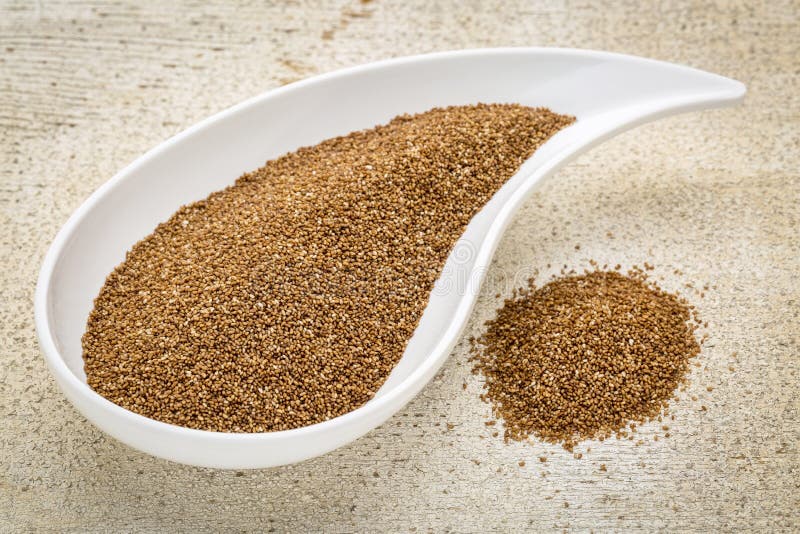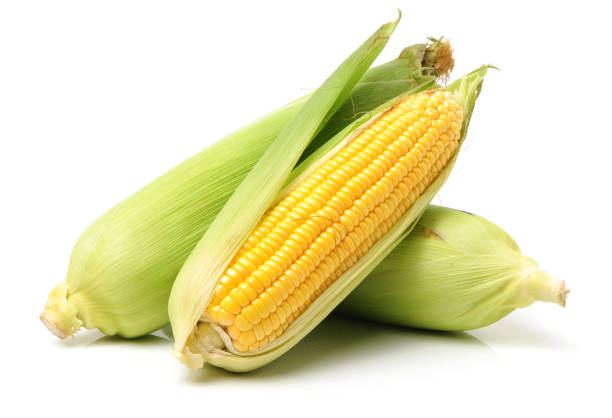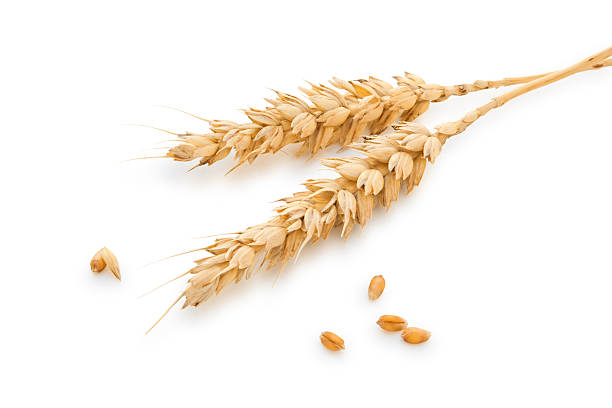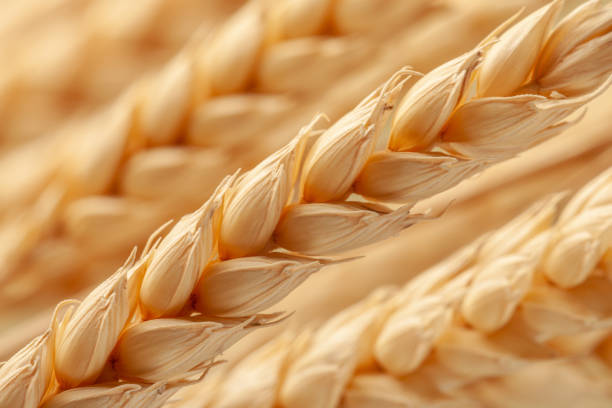Originating from the highlands of Ethiopia, teff, the smallest grain in the world, stands as a powerhouse of nutrition and a staple in Ethiopian cuisine. Despite its diminutive size, teff boasts an impressive nutritional profile, offering a range of healthful benefits. Let’s explore the nutritional richness that makes teff a tiny but mighty grain.
Rich in Essential Nutrients:
Teff is a nutrient-dense grain, packing a punch of essential nutrients in every tiny seed. It is a notable source of protein, providing all the essential amino acids required by the body. This makes teff a valuable protein option, especially for those following vegetarian or vegan diets.
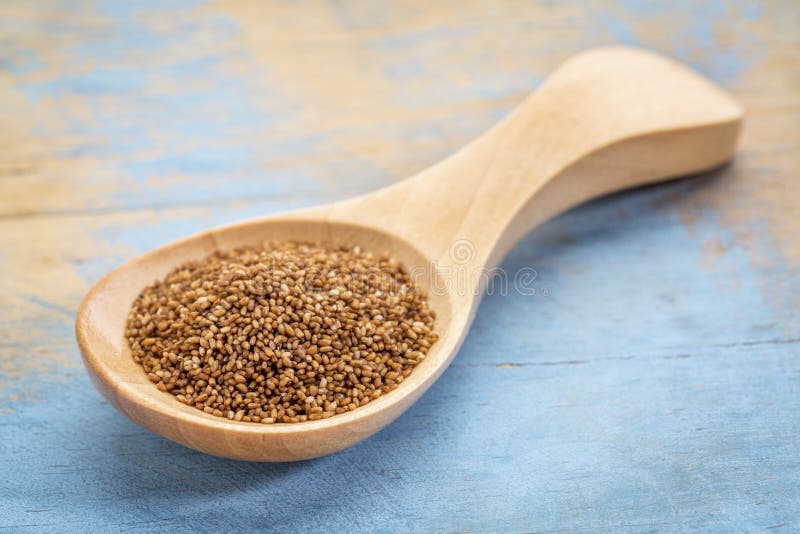
Gluten-Free and Celiac-Friendly:
One of teff’s standout features is its gluten-free nature. For individuals with celiac disease or gluten sensitivity, teff serves as a safe and nutritious alternative to wheat and other gluten-containing grains. Its gluten-free status has contributed to teff’s popularity in gluten-free diets around the world.
High in Dietary Fiber:
Teff is a rich source of dietary fiber, both soluble and insoluble. This fiber content contributes to digestive health by promoting regular bowel movements, preventing constipation, and supporting a healthy gut microbiome. Teff’s fiber richness also aids in weight management by inducing a feeling of fullness.
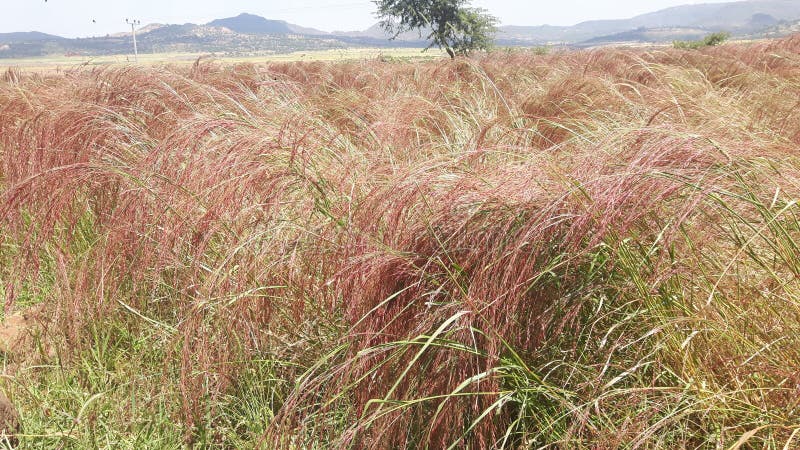
Abundant in Minerals (Iron, Calcium):
Teff provides essential minerals, including iron and calcium. Iron is crucial for oxygen transport in the blood, making teff a valuable grain for those at risk of iron deficiency. Calcium, vital for bone health, is also present in notable amounts. The mineral abundance in teff supports overall cardiovascular and skeletal well-being.
Source of Resistant Starch:
Teff contains resistant starch, a type of carbohydrate that resists digestion in the small intestine. This resistant starch acts as a prebiotic, nourishing beneficial gut bacteria and promoting a healthy gut environment. The presence of resistant starch in teff adds an extra layer of digestive and metabolic benefits.
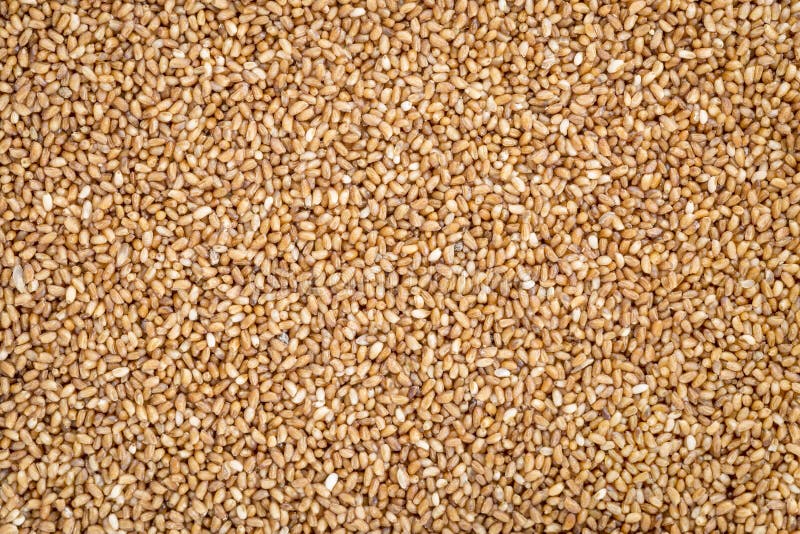
Vitamin Diversity (B Vitamins):
Teff contributes to the B-vitamin spectrum, including thiamine (B1), riboflavin (B2), and folate. These B vitamins play essential roles in energy metabolism, nervous system function, and the synthesis of DNA. The B-vitamin content of teff adds to its nutritional diversity and supports overall vitality.
Low Glycemic Index:
Teff has a low glycemic index (GI), meaning it causes a slower and more gradual rise in blood sugar levels. This characteristic is beneficial for those seeking to manage blood sugar levels, making teff a suitable grain for individuals with diabetes or those aiming to stabilize their energy throughout the day.
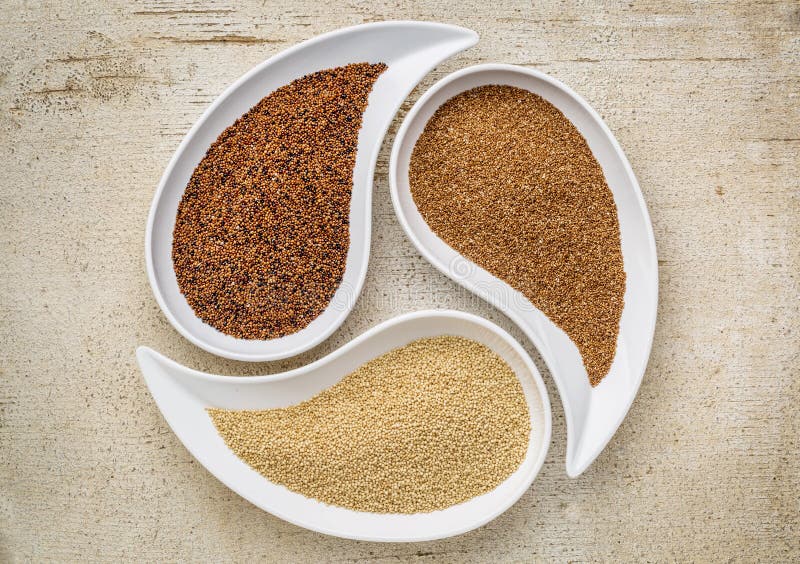
Culinary Versatility:
Teff’s versatility in the kitchen extends from being used in traditional Ethiopian dishes like injera (a sourdough flatbread) to being incorporated into porridges, cereals, and baked goods. Its mild and nutty flavor allows it to blend seamlessly into various culinary creations.
In conclusion, teff, with its nutritional might, gluten-free status, and culinary adaptability, stands as a grain that transcends its size. As we appreciate its significance in Ethiopian culture and global cuisine, we partake in a journey that celebrates not only the small yet potent nature of teff but also the healthful benefits it brings to the table. From supporting digestive health to providing essential nutrients, teff remains a testament to the nutritional diversity found in grains and the global tapestry of wholesome foods.

